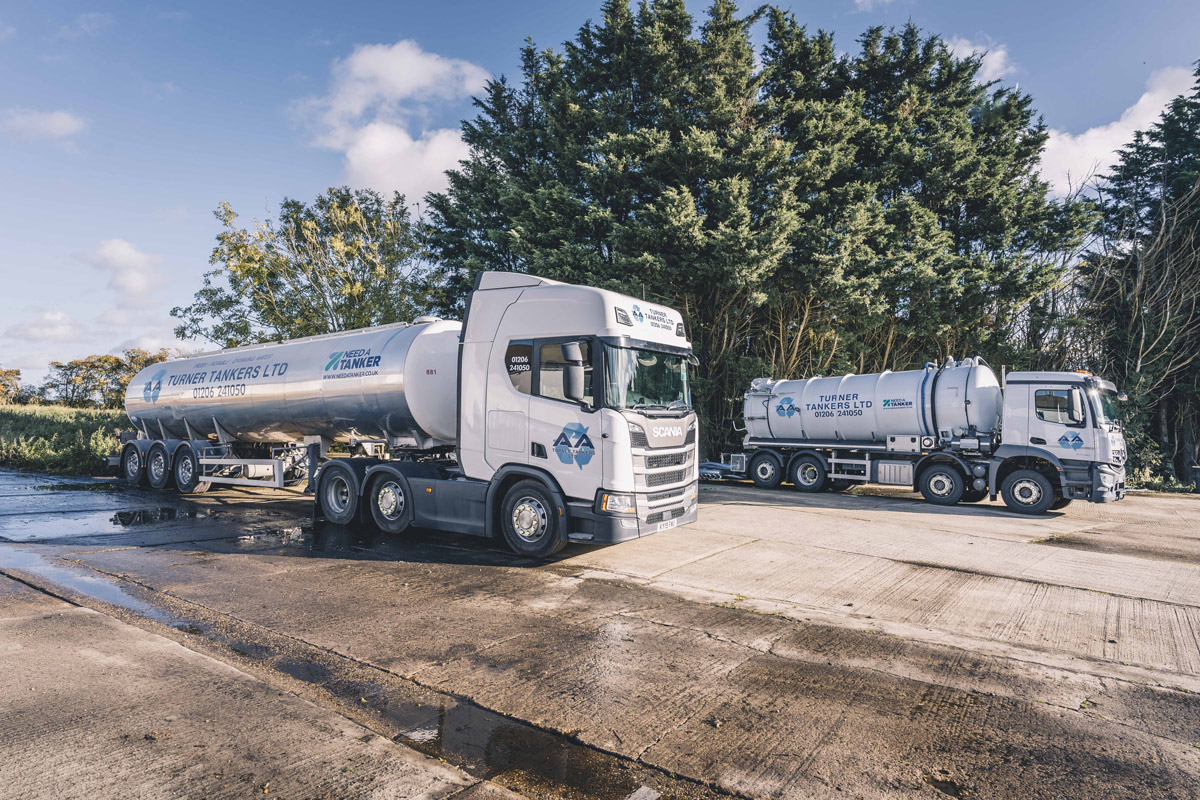How Reclaim Waste can Save You Time, Stress, and Money.
How Reclaim Waste can Save You Time, Stress, and Money.
Blog Article
Not known Factual Statements About Reclaim Waste
Table of ContentsRumored Buzz on Reclaim WasteTop Guidelines Of Reclaim WasteNot known Facts About Reclaim WasteThe Reclaim Waste DiariesThe smart Trick of Reclaim Waste That Nobody is Discussing
Domestic sewer waste refers to the waste and items from a domestic septic tank. The appropriate management and disposal of domestic sewer waste require liquid waste to be transferred to a sewer therapy plant where the proper methods and devices are used to cleanse and dispose of waste.
Commercial waste usually includes prospective threats, such as flammable materials or a blend of fluid and solid waste products, and needs an advanced and detailed disposal procedure. The disposal of commercial waste generally entails the filtration of waste before transportation to make sure secure and correct disposal. Hazardous waste is developed from byproducts and overflow of industrial processes and production.
This sort of waste can not make use of the very same sewer monitoring transport or procedures as septic or business fluids. The commercial waste management process calls for the assessment and screening of liquid waste prior to it goes through the disposal procedure (liquid waste disposal). Drainage waste is the fluid waste that comes from runoff and excess stormwater in highly populated areas or cities
Runoff waste can cause contamination and flooding if not handled appropriately. Find out more concerning sewer cleansing and waste management. Making sure appropriate waste management can prevent disasters and reduce ecological damage. Both individuals in domestic settings and specialists in commercial or production markets can profit from understanding the procedures and guidelines of liquid waste management.
The Buzz on Reclaim Waste
Contact PROS Solutions today to learn more about our waste administration and disposal services and the correct means to look after the liquid waste you produce.
(https://reclaimwaste1.edublogs.org/2024/11/12/efficient-liquid-waste-removal-and-disposal-your-complete-guide-to-sustainable-waste-management/)Do you understand what happens to your water when you disengage, flush the toilet or drain pipes the washing device? No? Well, it deserves understanding. This so-called 'wastewater' is not just a crucial source however, after treatment, will certainly be launched to our land, waterways or the sea. Utilized water from commodes, showers, baths, kitchen sinks, washings and industrial procedures is called wastewater.

water used to cool down machinery or tidy plant and equipment). Stormwater, a form of wastewater, is runoff that streams from farming and metropolitan locations such as roof coverings, parks, gardens, roads, courses and gutters right into stormwater drains pipes, after rainfall. Stormwater streams untreated straight to neighborhood creeks or rivers, at some point getting to the ocean.
Reclaim Waste Things To Know Before You Get This
In Queensland, the majority of wastewater is treated at sewage treatment plants. Wastewater is delivered from residential or commercial sites through a system of drains and pump terminals, referred to as sewage reticulation, to a sewer therapy plant. Local federal governments build, maintain and operate most sewage treatment plants. Operators are certified under the Environmental Management Act 1994 to release treated wastewater at an acceptable ecological requirement right into rivers.
The Department of Natural Resources recommends regional federal governments regarding handling, operating and keeping sewerage systems and treatment plants. In unsewered areas, city governments might call for homeowners to install individual or house sewer treatment systems to deal with domestic wastewater from bathrooms, kitchens, washrooms and washings. The Division of Natural Resources authorises the usage of home systems when they are proven to be reliable.
Many stormwater obtains no treatment. In some new subdivisions, therapy of some stormwater to eliminate litter, sand and crushed rock has begun using gross toxin traps. Wastewater treatment happens in four stages: Removes strong matter. Larger solids, such as plastics and various other objects incorrectly released to drains, are eliminated when wastewater is gone through displays.
Wastewater then streams right into big containers where solids settle and are eliminated as sludge. Grease and residue are skimmed from the surface area. Utilizes little living microorganisms called micro-organisms to break down and remove staying liquified wastes and great particles. Micro-organisms and wastes are included in the sludge. Eliminates nitrogen and phosphorus nutrients that might cause algal blossoms in our waterways and intimidate aquatic life.
Getting My Reclaim Waste To Work
Nutrient removal is not readily available in any way sewer treatment plants because it needs costly specialised equipment. It is becoming much more common in Queensland. Clear fluid effluent created after therapy might still consist of disease-causing micro-organisms. If this effluent is launched right into waterways such as rivers or the sea, the micro-organisms will ultimately die out.

A lot of wastewater streams right into the sewerage system. Under the Act, local federal governments administer approvals and permits for eco appropriate activities (Periods) entailing wastewater launches that might have a local impact.
About Reclaim Waste
Otherwise, examples are considered laboratory evaluation. Usually lots of examinations are needed to establish the degrees of each of the various toxins such as oils, heavy metals and chemicals in water. Tracking gives valid details regarding water high quality and can verify that permit problems are being met. The info obtained via surveillance supplies the basis for making water high quality choices.
Report this page